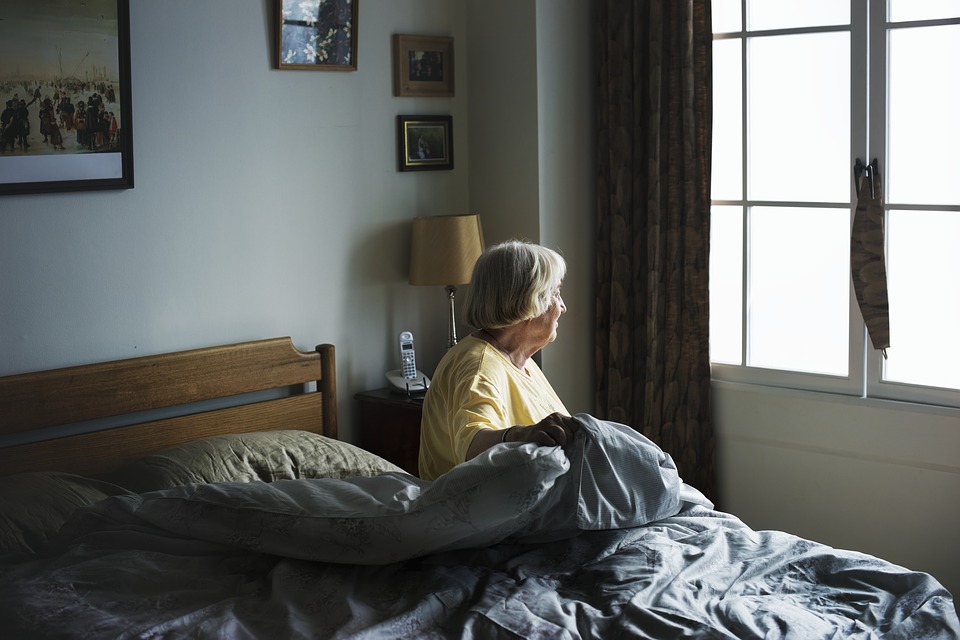
Many states have introduced programs that help residents transition from a nursing home back to the community. The goal of these programs is to reduce Medicaid spending while allowing individuals to receive care in a less restrictive setting. Older adults typically experience a higher quality of life when living in a private residence.
In a study published in Health Services Research, assistant professor at the Purdue University School of Nursing Zachary Hass, PhD, database manager at the University of Minnesota School of Public Health Mark Woodhouse BA, professor of health care policy David C. Grabowski, PhD, and Katherine Birck Professor at the Purdue University School of Nursing Greg Arling, PhD studied Minnesota’s Return to Community Initiative (RTCI).
The study investigated the impact of RTCI on community discharges for newly admitted private-pay nursing home residents in Minnesota. RTCI employs Community Living Specialists to assist with discharge planning and follow-up. The authors found that RTCI increased the community discharge rate by 11%.
These results can lead to learning opportunities for improving the RTCI going forward. Facilities where this model is working well may help inform best practices. Specifically, these nursing homes may help to identify the nursing homes and communities in which the program is most effective, and how the RTCI-facility partnership may be best cultivated. The facilities with lower community discharge rates may also be candidates for program expansion.
The study team warns that there is a large information gap in areas such as social and economic resources, family and caregiver relationships, and capabilities of the nursing home staff to effectively discharge the resident without RTCI assistance. Because this information isn’t collected during admission, the team suggests a secondary screening of targeted nursing home residents, as well as non‐targeted residents referred by the facility or seeking assistance on their own, for better understanding of the impact of RTCI on community discharges.